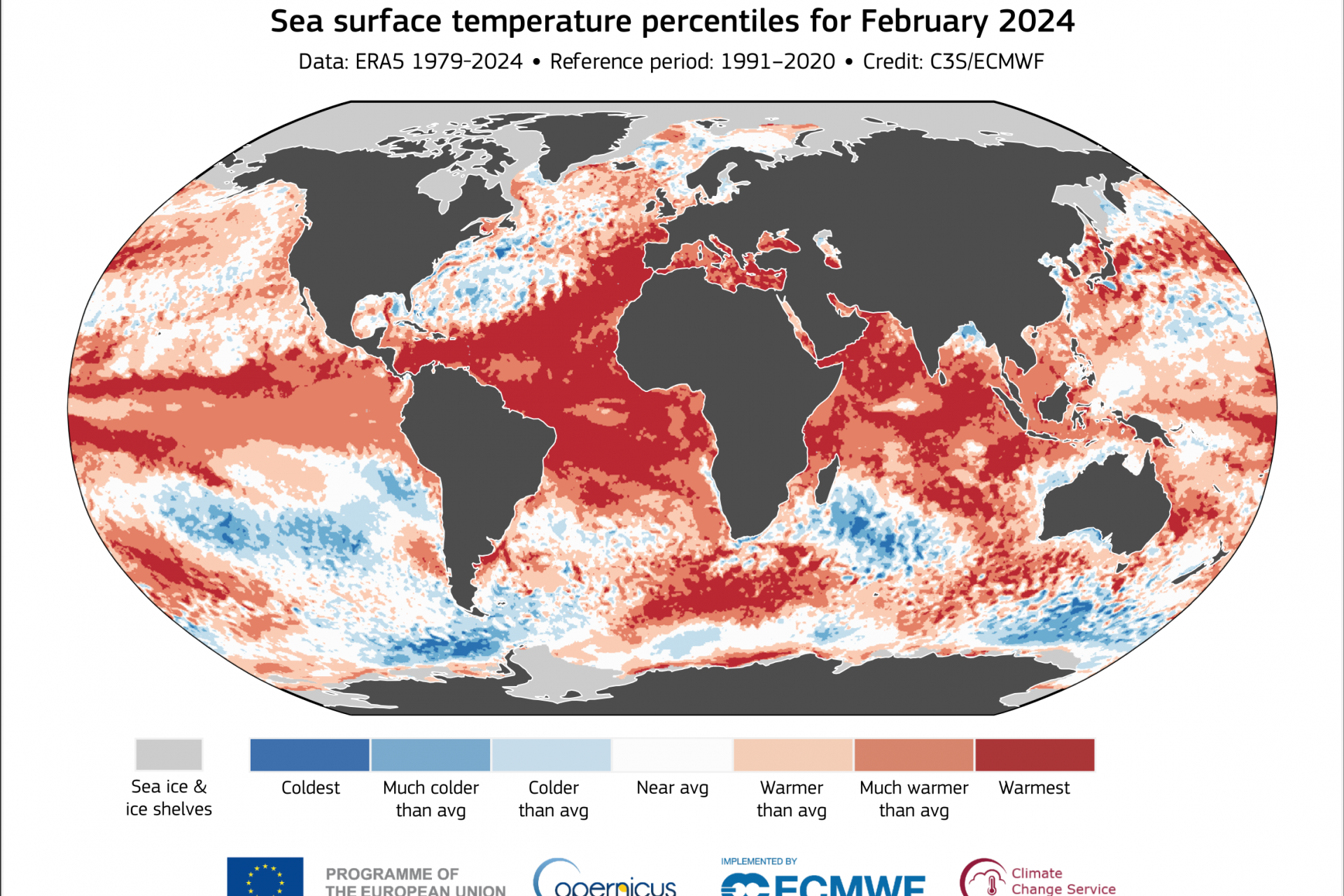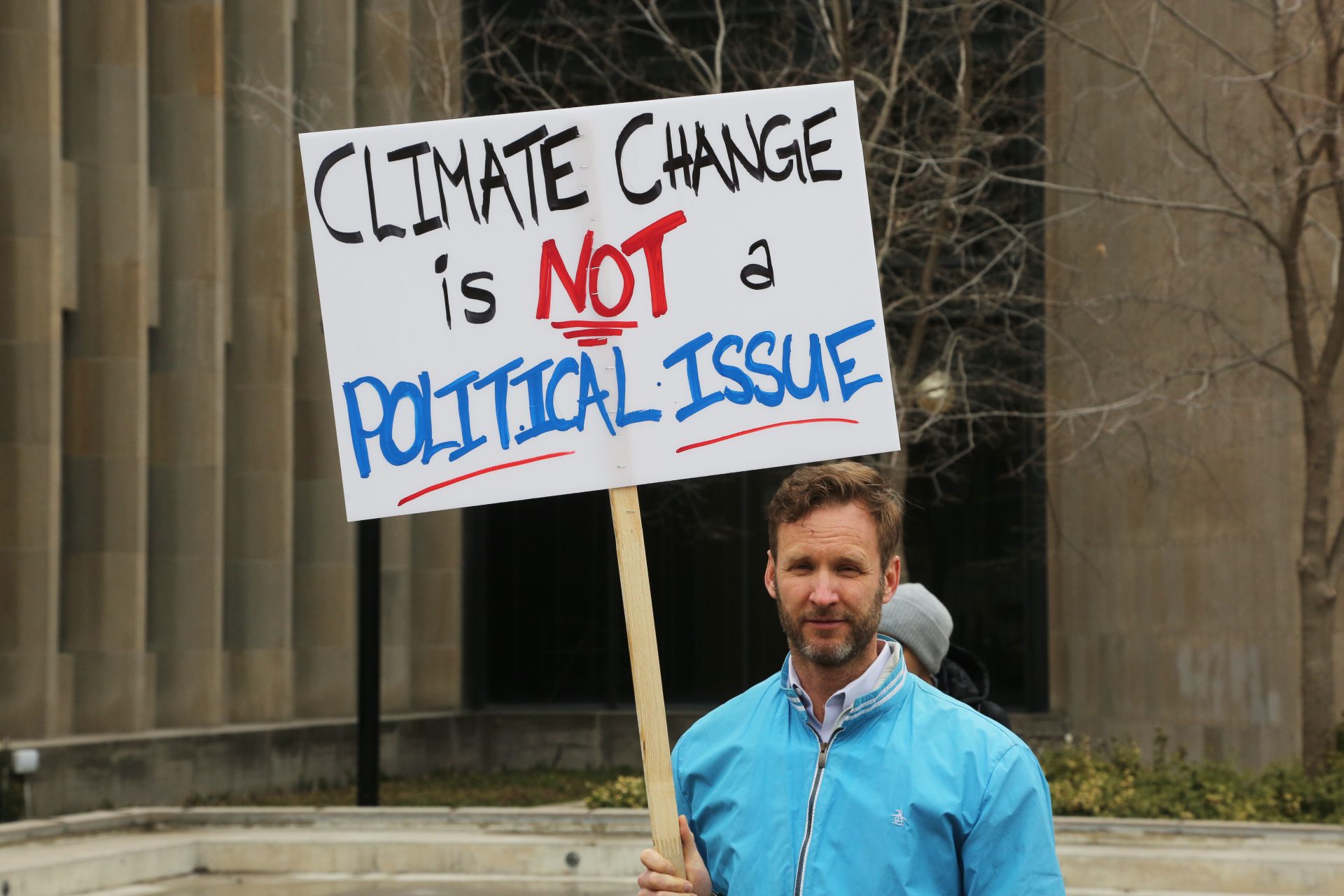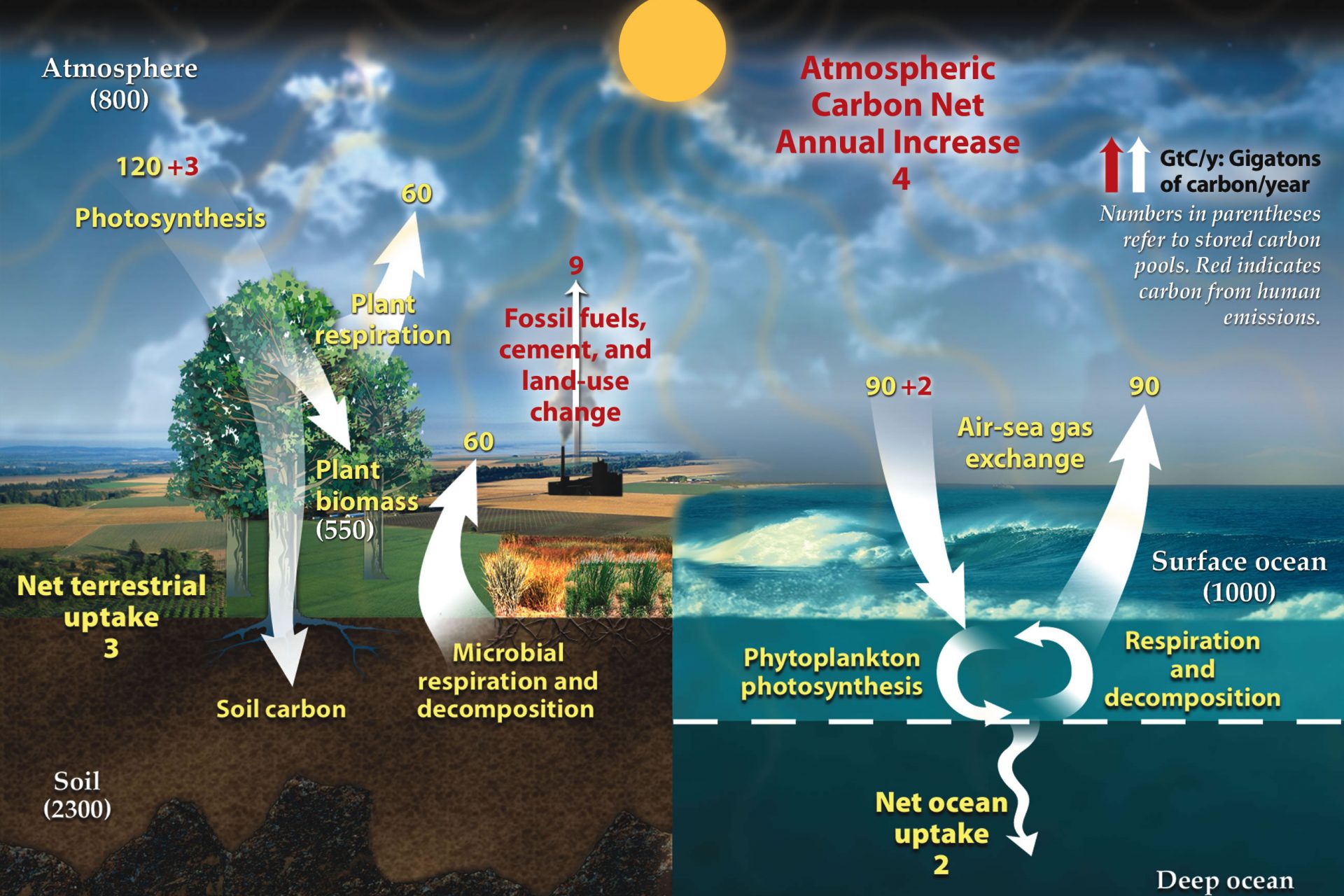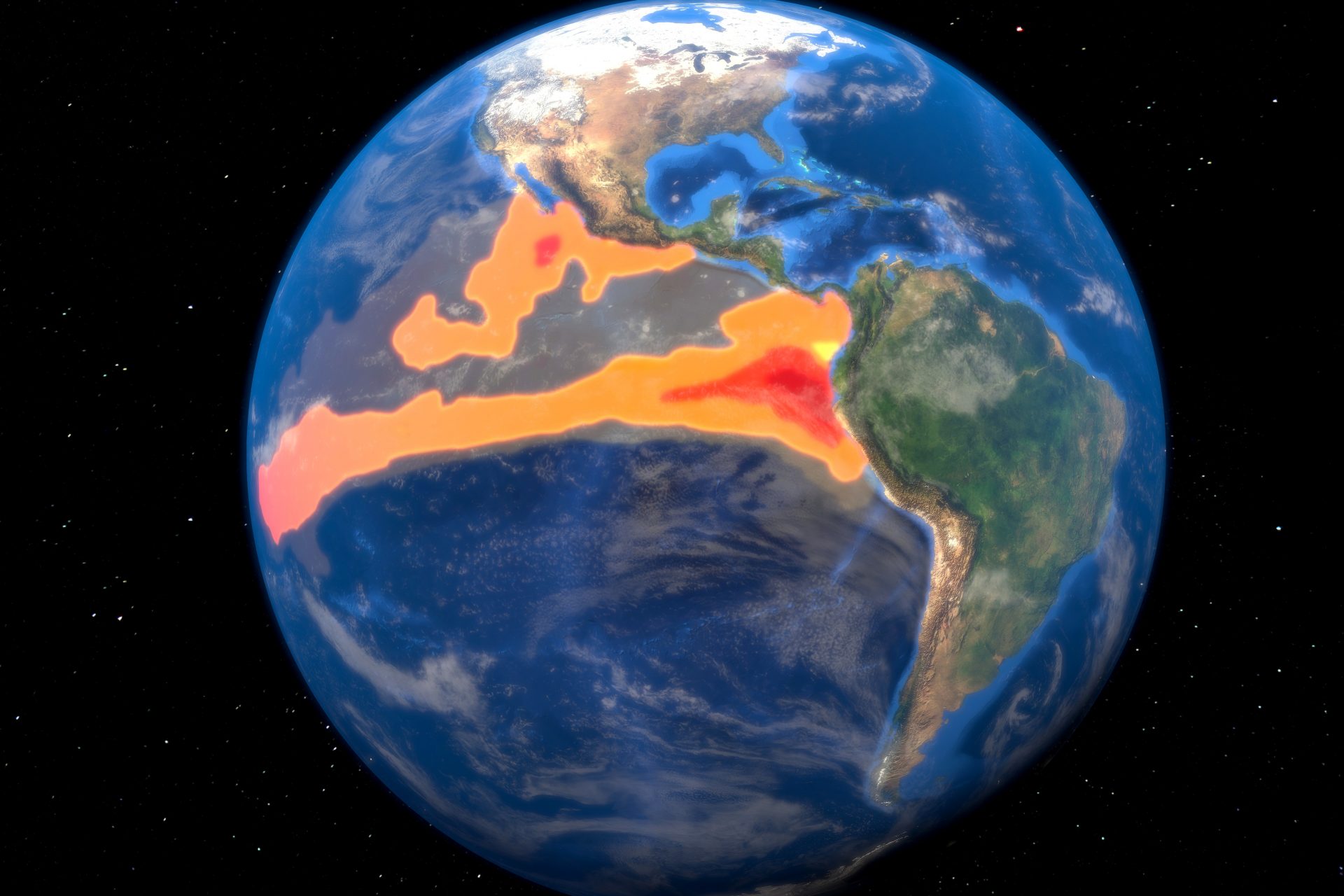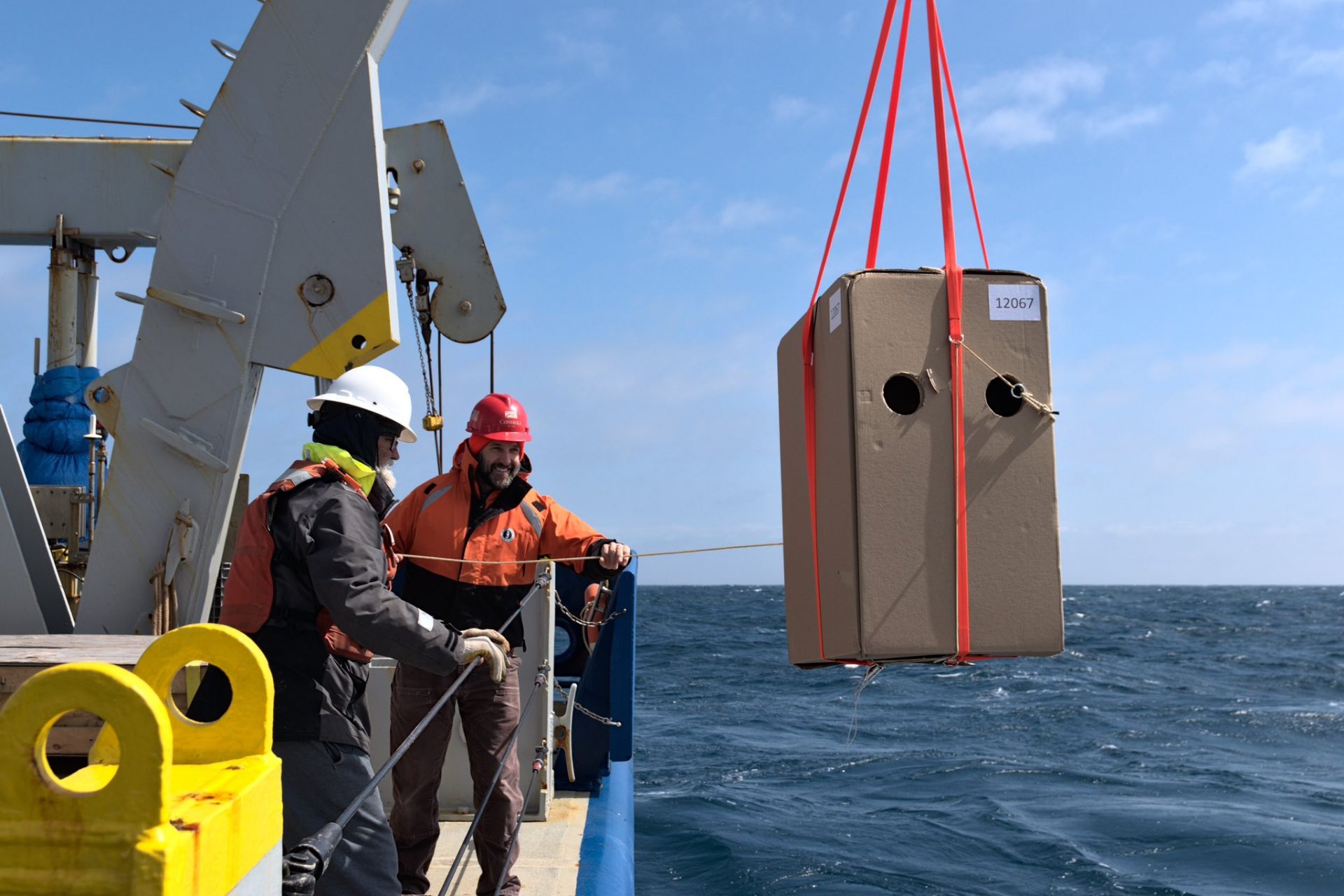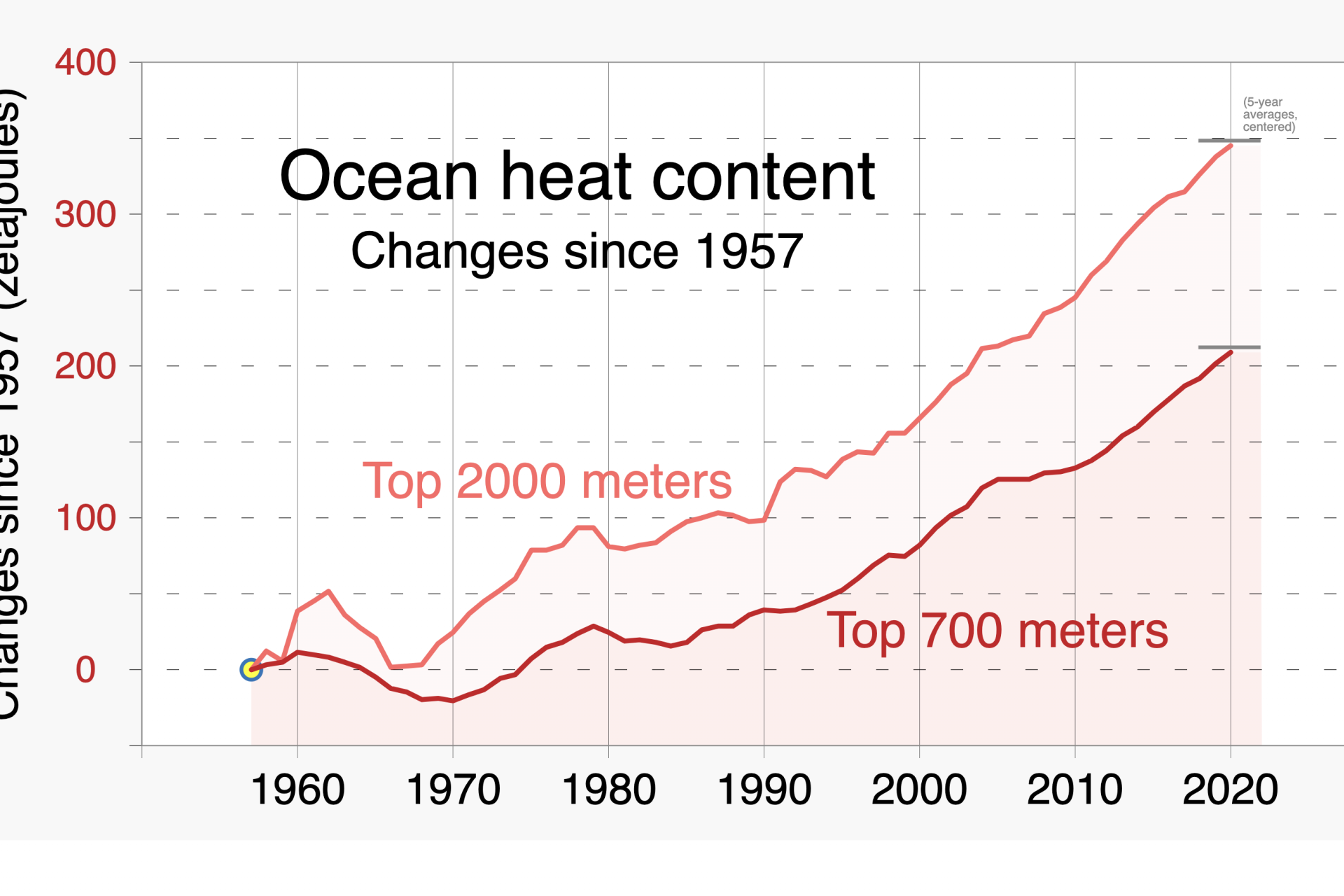Scientists fear the world has reached a new tipping point
The world is getting warmer and recent temperature highs have some scientists worried that the planet has passed a tipping point that can’t be reversed in a single lifetime. This is what you need to know about the problem.
In March 2023, the ocean saw its average surface temperature reach a concerning new high when it surpassed 21 Celsius or 70 Fahrenheit in all regions except for polar waters. This came as a surprise to climate scientists.
Never miss a story! Click here to follow The Daily Digest.
Photo Credit: Copernicus Climate Change Service/ECMWF
Finnish Meteorological Institute researcher Mika Rantanen explained on social media at the time that the planet’s sea surface temperatures had “just reached uncharted territory in modern records and likely much longer.”
The Washington Post reported that scientists were baffled as to why the Earth’s oceans had warmed so rapidly. Scientists couldn’t agree on what triggered the warming nor how worried the world should be about the rise.
Some speculated that a drop in pollution allowed more sunlight to reach the oceans but other explanations suggested a weakening of Atlantic winds carrying sun-blocking sand plumes from the Sahara was a main culprit.
Whatever the reason for the abnormal temperatures in 2023, scientists could agree that it was setting the conditions for "a hard year of extreme heat waves, droughts, floods and storms," explained the Post’s Scott Dance.
One year on from the start of the influx of warmth, scientists have yet to determine what was behind the warming of ocean surface temperatures. More importantly, the planet is entering its second year of unprecedented heat.
Scientists are now concerned the change they’re seeing in ocean surface temperatures could mean that a major change has occurred on the planet, one we may not be able to reverse in the span of a single human lifetime.
Director of the NASA Goddard Institute for Space Studies Gavin Schmidt told the Post’s Scott Dance that the reason we should be worried the Earth has reached a tipping point is because what’s happening “doesn’t add up.”
Photo Credit: Facebook @NASAGoddard
“It could imply that a warming planet is already fundamentally altering how the climate system operates, much sooner than scientists had anticipated,” Smith wrote in a piece for the journal Nature, adding that past models are now less reliable.
Photo Credit: Wiki Commons By Diagram adapted from U.S. DOE, Biological and Environmental Research Information System, Public Domain
Ocean warming has increased past the areas affected by the climate pattern known as El Niño since 2023 and the warming influences nearly every body of water on the planet. For example, The Atlantic basin is 1 to 2°C or 1.8 to 3.6°F warmer than the 1971-2000 baseline.
In the waters off of Japan, South Africa, and the Netherlands, surface temperatures are a whopping 3°C or 5.4°F warmer than the baseline according to data from the National Oceanic and Atmospheric Administration (NOAA) quoted by the Post.
“The amplitude by which previous sea surface temperature records were beaten in 2023, and now again in 2024, is remarkable,” the Associate Head of Marine Systems at the National Oceanography Centre in the UK Joel Hirschi, explained according to CP24 News.
NOAA oceanographer Gregory Johnson said the sheer scale of the temperature rise when he revealed to CNN that what happened in 2023 was equivalent to about two decades’ worth of warming” adding that it was “quite large, quite significant, and a bit surprising.”
Photo Credit: Twitter @climate_haiku
The world’s ocean warming problems are only compounded by the fact that they are on the rise alongside the warmest atmospheric conditions the planet has ever seen, which Scott Dance noted has made the planet the hottest it has been in 100,000 years.
Photo Credit: Wiki Commons By RCraig09, Own Work, CC BY-SA 4.0
Whether or not the warming trend is the world’s new normal has yet to be determined by climate scientists and researchers. But the outlook for the planet doesn’t look good if it has indeed reached a new major change in how its climate systems are operating.
“The time scale of the oceans is not as fast as the atmosphere,” said Celeste Saulo, the secretary general of the World Meteorological Organization at a news conference. “Once a change is established, I would say it’s almost irreversible in time scales that go from centennial to millennial.”
Photo Credit: Wiki Commons By IAEA Imagebank, COP27 Day 05, CC BY 2.0
More for you
Top Stories




